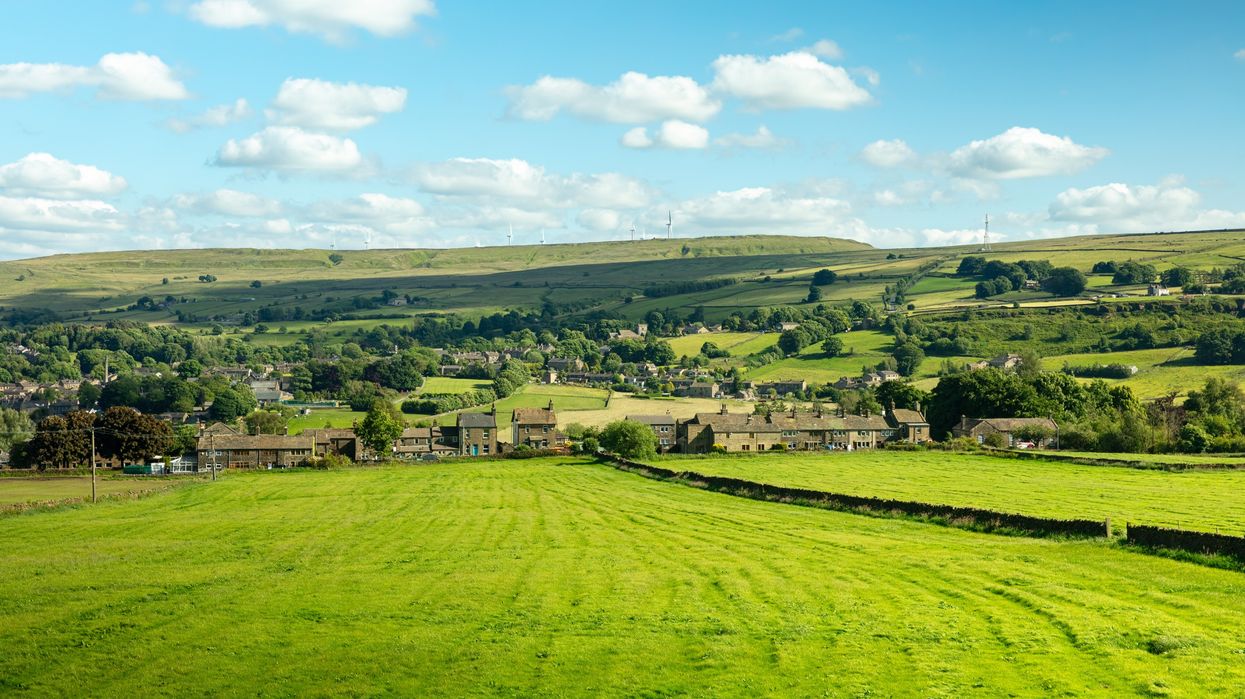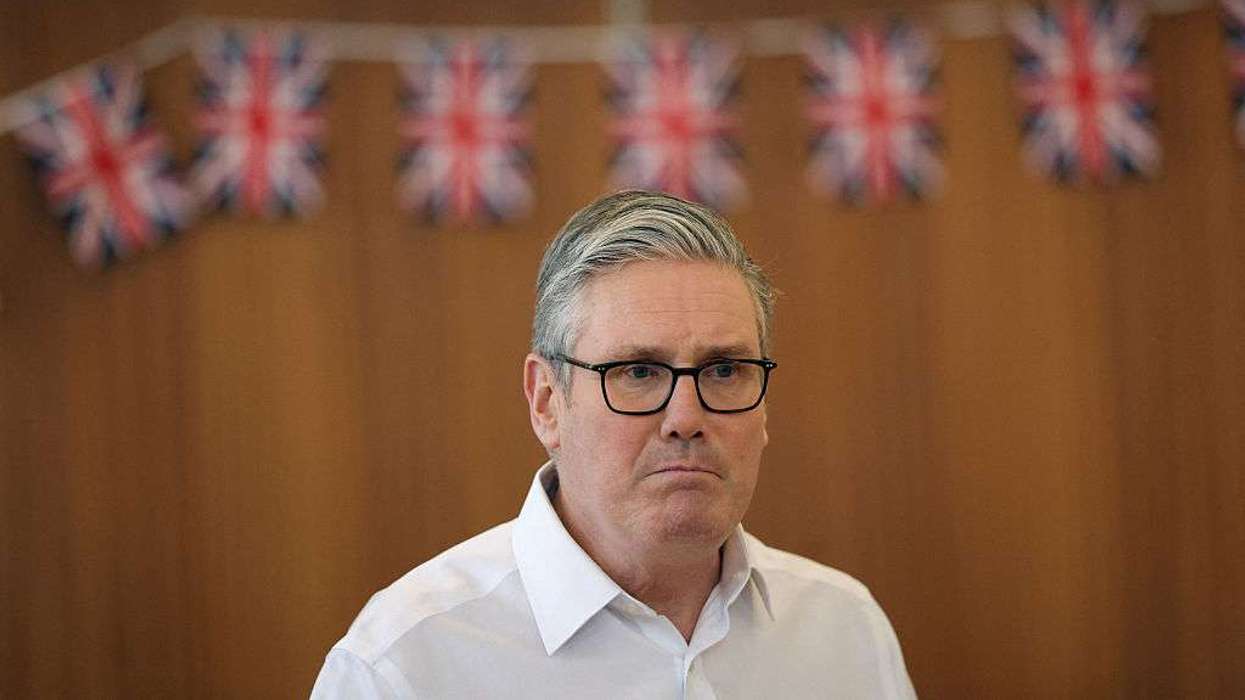The Met Office weather forecast confirms that the recent spell of dry, sunny and warm weather across much of the UK will come to an end over the weekend.
This week saw temperatures well above the April average. Thursday was the warmest day of the year so far in Scotland and Northern Ireland, with 23°C recorded in Aboyne and 22°C in Castlederg. By Friday, the warmth had extended further south, with Usk in Monmouthshire, Wales, reaching 22.4°C, equalling its highest temperature of 2025 so far.
Many areas have also experienced wide temperature differences between day and night. In Aboyne on Thursday, there was a 26°C variation – a phenomenon known as the diurnal range. While large swings are not unusual in spring, the prolonged dry and sunny period has been notable. Some parts of southern England have not recorded significant rainfall since 23 March.
The first ten days of April have been particularly sunny, with most places seeing over 100 hours of sunshine. Some areas have already received around 80-85% of their monthly average sunshine total.
Cause of the recent weather
High pressure systems have dominated the UK’s weather pattern, according to the Met Office weather update. These systems have blocked the usual Atlantic weather fronts, pushing the jet stream further north and maintaining stable, dry conditions. Meanwhile, the Canaries and Iberia have experienced stormy weather, with Storm Nuria and Storm Olivier bringing heavy rain and record winds earlier this month.
Weekend outlook
The Met Office weather forecast shows that high pressure will move away eastwards this weekend, allowing low pressure and weather fronts to advance from the west.
By Saturday morning, cloud and rain will begin reaching the south-west of England. Through the day, the rain will spread across Wales, Northern Ireland and north-west England. While the south-east will enjoy the last of the sunshine, with temperatures possibly reaching 22°C, western parts will turn cloudier.
Overnight into Sunday, the rain will continue moving east. Sunday is expected to bring a mix of sunshine, showers, and cloud, with fresher temperatures between 11°C and 18°C.
Although rainfall will generally be light and patchy, the weekend marks a shift to more typical April weather, including cloudy skies, south-westerly winds, and some much-needed rain for the dry ground.
Looking ahead
There is ongoing debate about whether a dry spring leads to a wet summer. Historical patterns show mixed results. While spring 2020 was the sunniest on record, the following summer was wetter and duller. In contrast, last year’s record warm May followed a wet April, with summer conditions closer to average.
The BBC’s longer-range forecast suggests a chance of a brief cold spell in May, meaning spring temperatures could settle closer to seasonal norms. Rainfall is expected to be near to below average, with April likely to remain one of the driest months overall.
As the Easter bank holiday approaches, the forecast remains unsettled, with showers and spells of rain expected. Temperatures are likely to stay around the seasonal average, ranging from the low to mid-teens Celsius.





